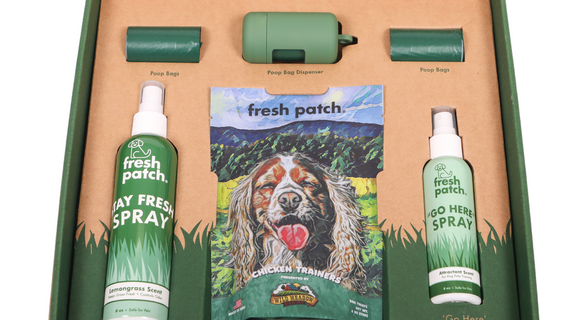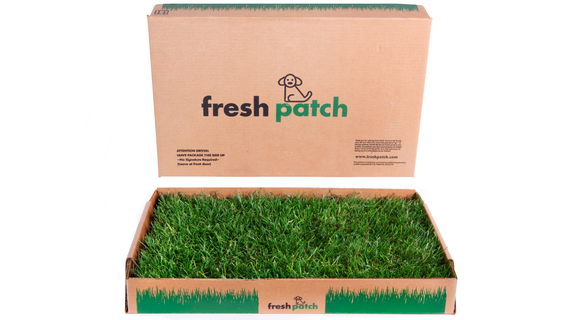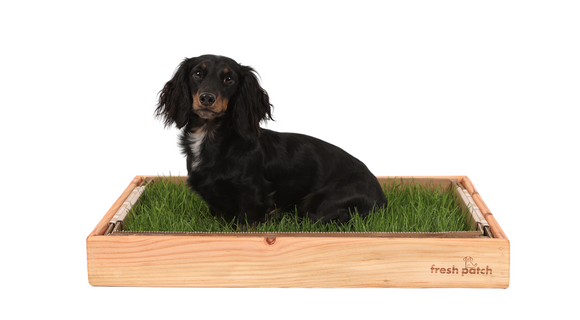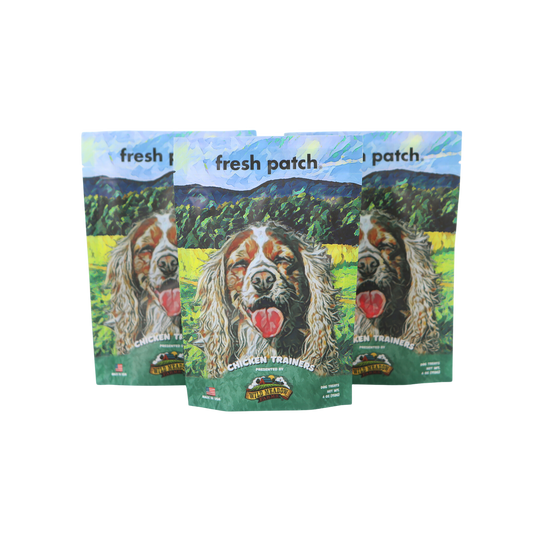It’s Monday, March 16th, which means it is officially National Animal Poison Prevention Week!
This week is all about educating owners on what can poison their dog, what the signs that they’ve been poisoned are, and how to prevent it.
If you dog ingests something poisonous, you need to do something the second you see it happen. It is never okay to think, “Oh, well, let’s wait it out.” Chances are, if you’re questioning whether or not something is poisonous, it probably is. You also shouldn’t wait to see if anything happens. Many toxins in poisonous chemicals don’t act immediately, so it would not be obvious right away that something is wrong.
If your dog (or any pet!) gets into something poisonous, the best course of action is to call their veterinarian and state that it is an emergency. However, if your veterinarian’s office is not open, yu can call the ASPCA Animal Poison Control Center at 1-888-426-4435. Just a warning that the call is free but you could receive a $65 consultation charge to your credit card. They will get you in touch with an emergency veterinary clinic near you. You can also cut out the middle man and look up emergency veterinary clinics yourself.
To be extra safe, have a plan established ahead of time, with multiple phone numbers you can call. That way, if worse comes to worse, you will be prepared no matter how much you are panicking and you can get your pet help even quicker.
Many plants can be lethal to dogs even when you don’t think so because of herbicides, fertilizers and pesticides. This is the most common case of poisoning. Be sure to keep other dangerous chemicals such as detergents, oils, soaps, and rat poison up on a high shelf, closed away. Large amounts of chocolate a well as ibuprofen, acetaminophen and other over-the-counter drugs can also be toxic to your pet. Keep those closed away, too! Dogs are like toddlers!
Help spread this knowledge to your friends as a reminder to keep your dog extra safe from all of those chemicals that can potentially do damage!







